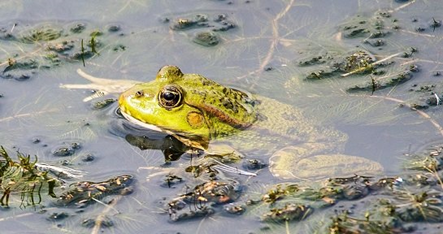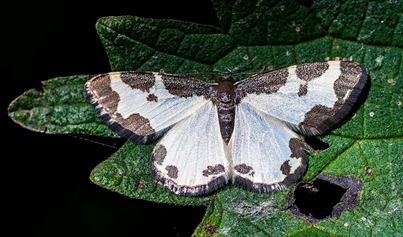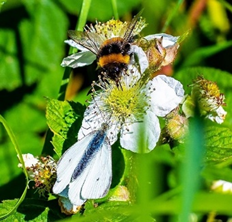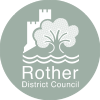“We are in the middle of a climate and nature emergency, and the two are inextricably linked. Climate change is driving nature’s decline, and the loss of wildlife and wild places leaves us ill-equipped to reduce carbon emissions and adapt to change. One cannot be solved without the other.
When healthy, our natural habitats can reduce the risk of flooding, help prevent coastal erosion, improve people’s health and wellbeing, as well as maintain healthy soils, clean water and the pollinators needed for our crops – and therefore sustain us.“ Combatting the climate and nature emergency | The Wildlife Trusts


Tackling environmental issues are a key priority for the Council, as set out in the Climate Strategy, with protecting and enhancing biodiversity in our district identified as one of our five action areas. The Council must also comply with the strengthened biodiversity duty introduced by the Environment Act 2021.
The biodiversity duty means the Council must:
- Consider what we can do to conserve and enhance biodiversity.
- Agree policies and specific objectives based on our consideration.
- Act to deliver our policies and achieve our objectives.
The Council’s Climate Strategy and Climate Action Plan identifies the actions the Council is taking to meet the duty.
One of the actions is to establish a biodiversity baseline for council-owned green assets. As such, a biodiversity audit is currently underway, with ecological surveys being conducted on land owned by the Council. We are reviewing these green spaces to identify opportunities to enhance them for nature.
23 of our largest rural sites have been included in the study, examining a potential wildlife corridor between Rye Harbour Nature Reserve, SSSI, and the High Weald National Landscape ( formerly known as High Weald AONB) in the northernmost part of the district. An audit of sites in Bexhill may be included in a later phase of the project, subject to funding. We expect to see the results of the audit by November 2023.
The Biodiversity Audit will also help the Council prepare for biodiversity net gain (BNG), which became a legal requirement for developments in February 2024. BNG will hold developers accountable for ensuring habitats for wildlife on or near to an area being developed are left in a better state than before their development began.


“The authoritative State of Nature Report in 2019 proved so clearly that in the UK our flora and fauna are in crisis. 41% of all UK species are declining, and one in ten are threatened with extinction. One of the main drivers is loss of habitat, and shockingly as little as 5% of land in the UK is looked after for nature. Just as with climate change, we have an emergency.
The silver lining is that people are increasingly aware and public support is growing to tackle the issue. The proposals put forth in the Environment Bill make it mandatory for developers to more than compensate for biodiversity loss on new developments – let’s push hard for this to happen.”
Cllr Susan Prochak, MBE, Deputy Leader

